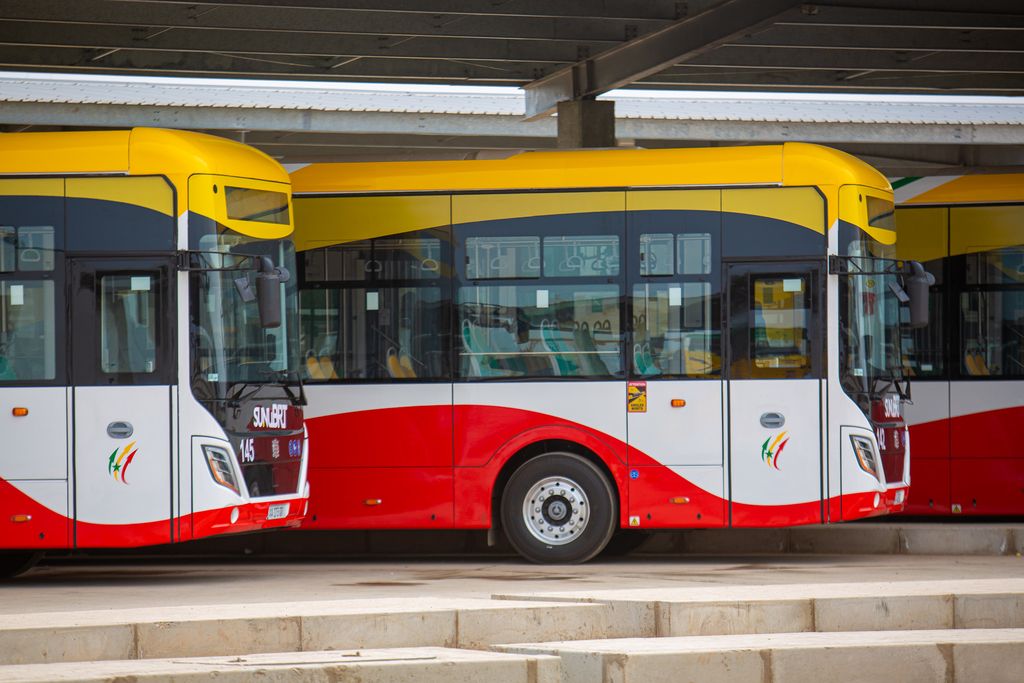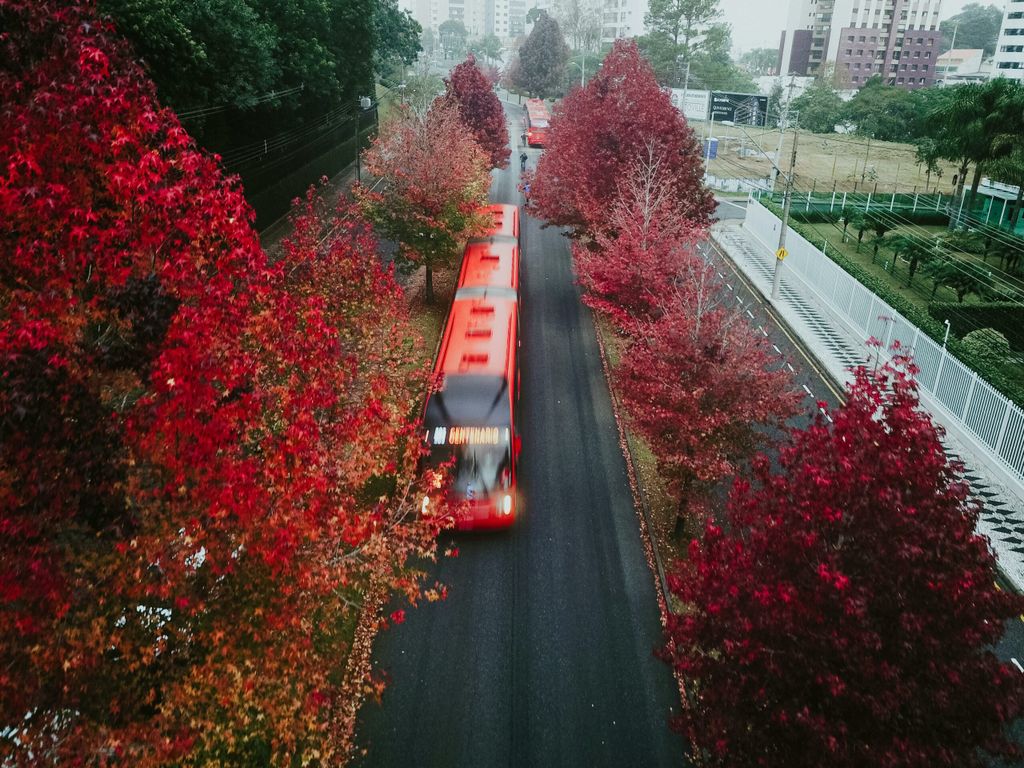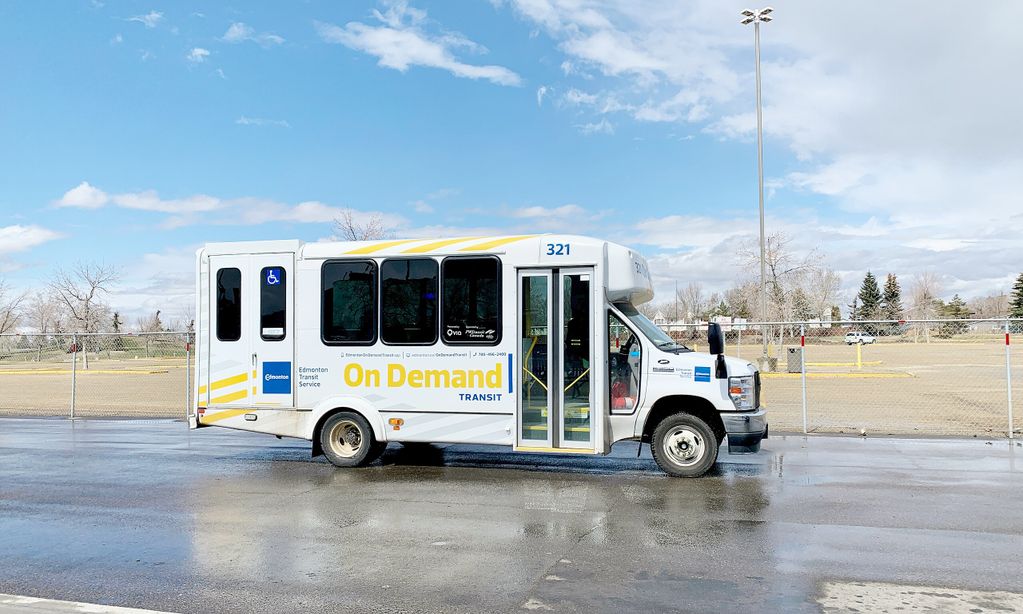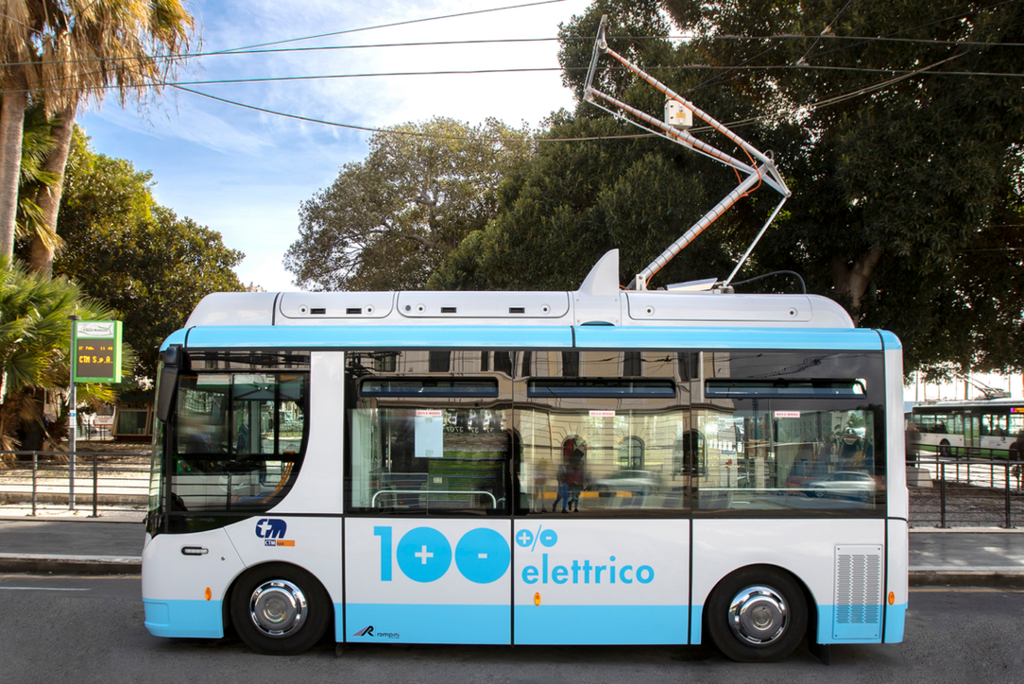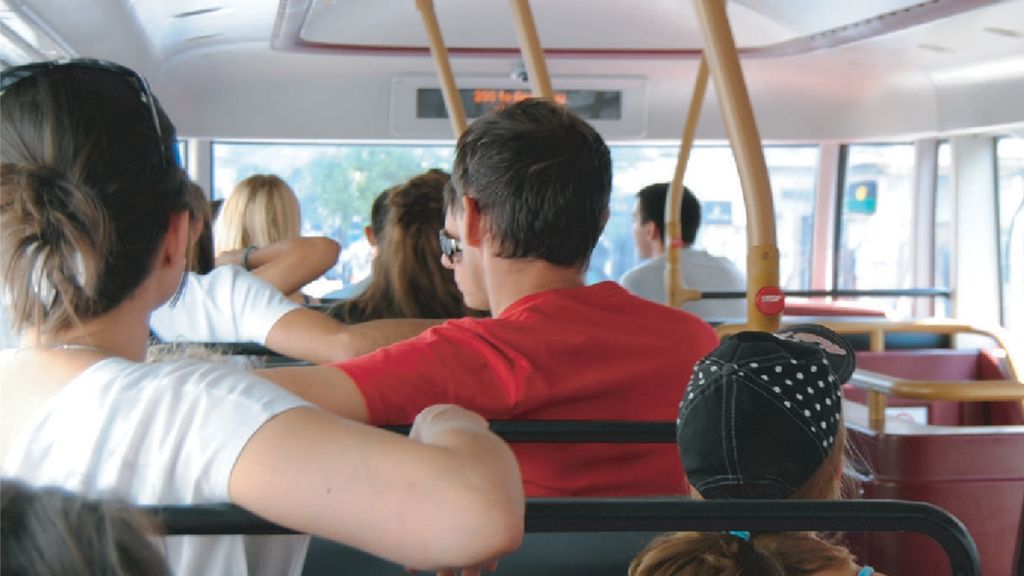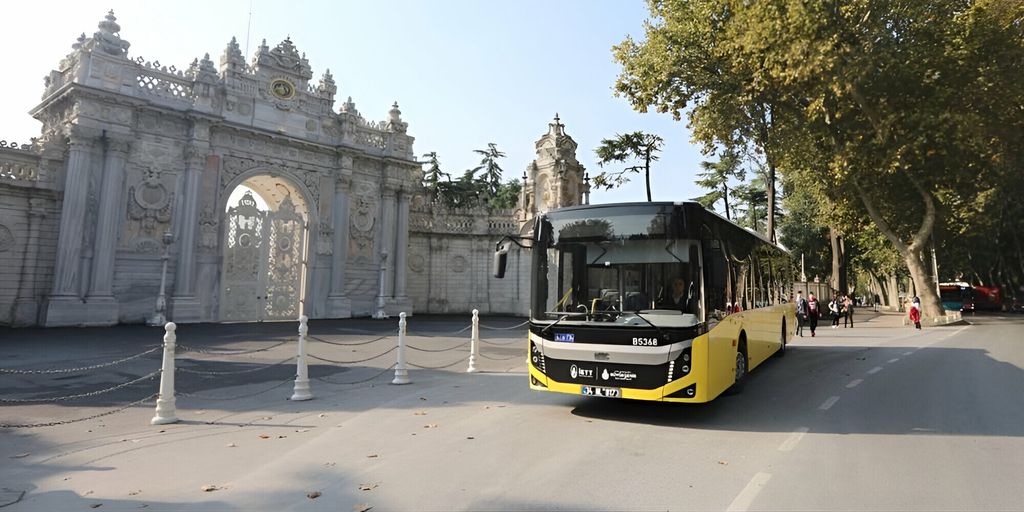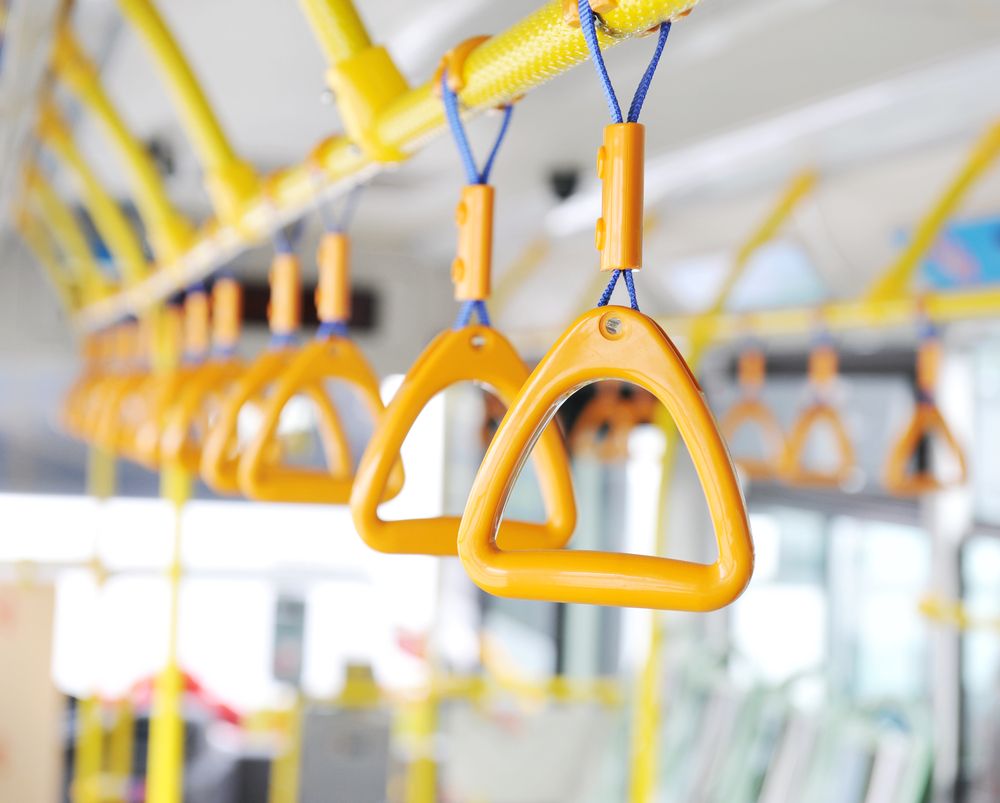
Clean buses, healthy cities: UITP launches new report on bus fleet renewal
UITP is proud to announce it has published a new report aiming to support the bus sector in the complex process of bus fleet renewal and ultimately further the uptake of clean bus technologies.
The use of low carbon technologies in the urban transport sector is key to reducing greenhouse emissions and air pollution and to achieve sustainable and liveable cities. Even though the contribution of urban buses to local emissions is already very low, many bus fleets in Europe have non optimal emission standards, and policies on decarbonisation and clean technologies are driving both the market and cities towards cleaner bus fleets.
Therefore, in the coming years, many operators and cities will focus onreplacing older bus fleets in an accelerated pace to reach the targets on the transition to a decarbonised and climate neutral bus fleet.
“The UITP Bus Fleet Renewal checklist aims to provide operators with a clear overview of the process and the relevant points to consider when renewing their fleet. This list and process are applicable to different contexts, from a “business-as-usual” bus replacement to a more challenging “technological jump” towards cleaner mobility. The Checklist ensures that no relevant data or system actor is missed. The Checklist helps also to identify and to plan the necessary steps that may or not fall under the operator’s responsibility. The step-by-step structure allows the operator to quickly go through the identified steps and, depending on the existing level of knowledge and experience, to focus directly on the relevant phases in its specific context, without losing the big picture.” (Christophe Martin, TEC & Vice-chairman of the UITP Bus Committee). “One of UITP’s goals in the field of knowledge generation is to develop tools and decision support instruments for our bus members. The Checklist is one of the most high powered productivity tool ever discovered. Checklists are really helpful ways to remind bus system actors how to manage complicated tasks. Not only are checklists a help, they are required for success.”
become a member




